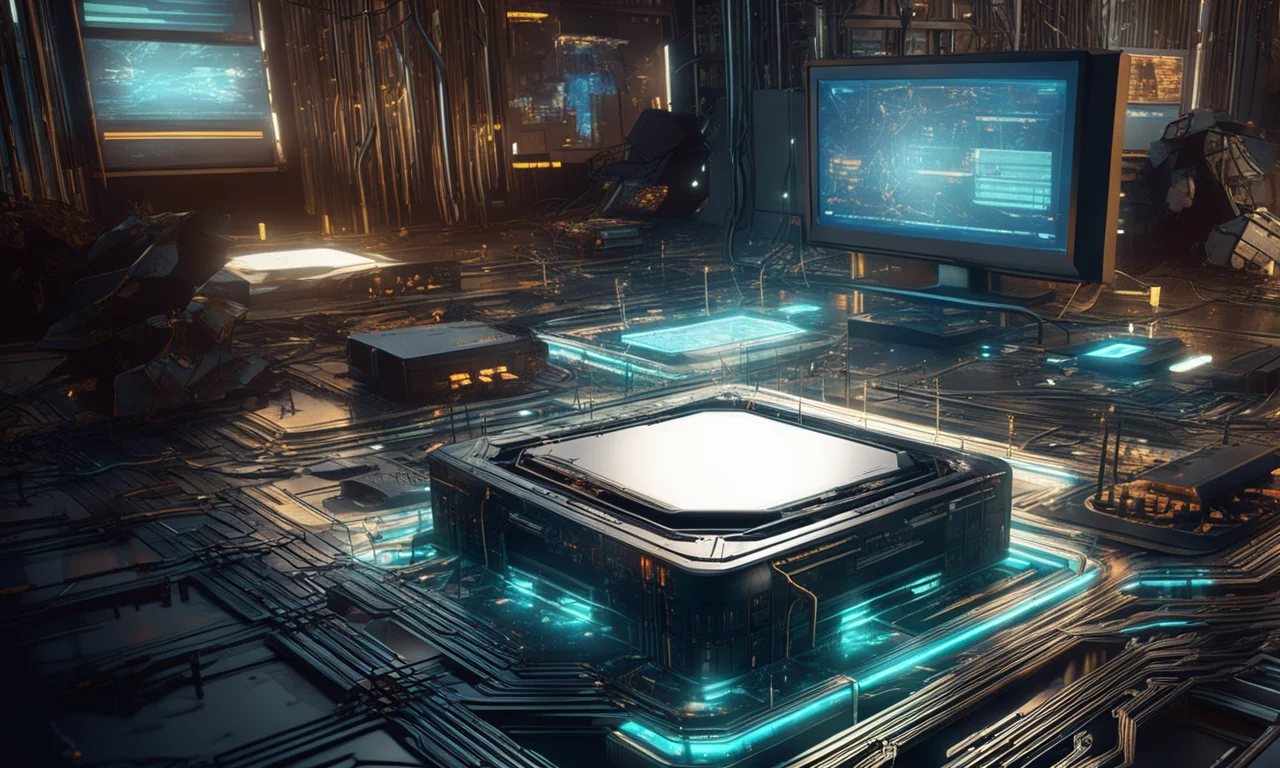
Open-Source Gaming Advances Amid Platform Security Crisis
Indie developers face income threats as technical upgrades reshape Linux and Steam Deck gaming
Today's Bluesky gaming and news threads present a digital landscape that's both thriving and under siege. While developers push open-source boundaries and indie games flourish, foundational platforms are challenged by technical and ethical turbulence. This edition draws a line through the chaos: technical evolution, the resilience of indie creativity, and the persistent unease over platform responsibility.
Open Source Momentum and Tech Upheaval
The day's most animated conversations orbit around open-source progress and platform adaptation. AMD's decision to sunset AMDVLK in favor of full support for RADV is a pivotal shift, reinforcing the dominance of community-driven solutions in Linux gaming. This is echoed by updates like Wine 10.15's new Unicode 17 support and the continuous improvement of controller compatibility for games like FUMES and S.T.A.L.K.E.R.: Legends of the Zone Trilogy.
These upgrades are not merely technical footnotes—they signal the growing expectation for seamless play on Linux and Steam Deck platforms, with big fixes arriving for flagship titles such as Baldur's Gate 3. The tone is set by users who see these changes as transformative, a sentiment underscored in the comment:
"Just adding controller support has made the old STALKERs one of the best freebies to ever show up in my steam library, and some of my favorite escapism so far this year."
Indie Resilience Meets Platform Strain
Amidst the technical optimism, a parallel narrative emerges around the precariousness of digital platforms. The post from itch.io reveals a crisis: bot attacks have crippled access and undermined the livelihoods of creators, exposing the fragility of community-driven marketplaces. User frustration cuts deep, with demands for transparency and fair treatment surfacing in the replies. The tension is palpable:
"The site has been extremely slow or inaccessible for 3 days straight, this could have been communicated earlier. For creators, this is an important source of their income!"
Yet, indie gaming remains relentless. Projects like Super Mario Bros Remastered and Slay the Spire 2's delay highlight not just creative ambition but also the persistent specter of IP crackdowns and development delays. Meanwhile, retro nostalgia finds new life with Elite's Atari XL/XE port, a testament to the enduring pull of classic gameplay—even as technical limitations persist.
Community Aspirations and the Burden of Progress
Bluesky's gaming pulse is not just about new releases and updates; it's also about dreams deferred and the weight of missed opportunities. The candid reflection on procrastination in game development within FUMES reveals a broader anxiety: the rapid pace of innovation leaves many aspiring creators feeling left behind.
"I am rapidly running out of time to learn game dev and get the drive to make my own Twisted Metal-style game and be one of the first in the space. I will regret my procrastination for the rest of my life."
Yet, the community remains hopeful. The arrival of co-op titles like LEGO Voyagers and continued enhancements to retro and indie games fuel a collective drive for innovation, even as platform instability and IP constraints threaten to dampen the momentum.
In summary, today's Bluesky discourse is a microcosm of the gaming world's broader contradictions: bold technical strides, the indomitable spirit of indie creators, and the ever-present anxiety over platform reliability and creative opportunity. The day's threads challenge us to reconsider where true progress lies—not just in code and content, but in the resilience and accountability of the communities driving it forward.
Journalistic duty means questioning all popular consensus. - Alex Prescott